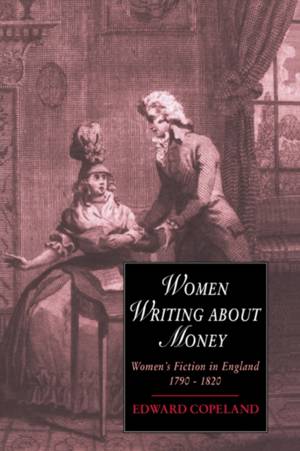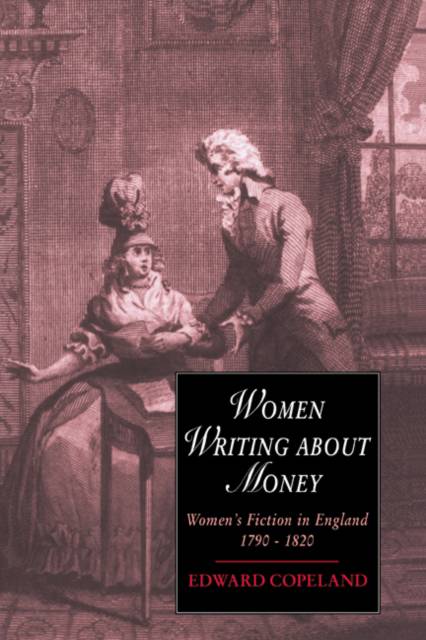
- Afhalen na 1 uur in een winkel met voorraad
- Gratis thuislevering in België vanaf € 30
- Ruim aanbod met 7 miljoen producten
- Afhalen na 1 uur in een winkel met voorraad
- Gratis thuislevering in België vanaf € 30
- Ruim aanbod met 7 miljoen producten
Zoeken
€ 70,95
+ 141 punten
Omschrijving
This study addresses a paradox in the lives of women in Jane Austen's time who had no legal access to money yet were held responsible for domestic expenditure. The book translates the fictional money of the novels of Jane Austen's day into the power of contemporary spendable incomes, and from the perspective of what the British pound could buy at the market, the economic lives of women in the novels emerge as part of a general picture of women's economic disability. Through the work of writers such as Austen and Edgeworth, as well as those of magazine fiction, the author examines the professional lives of women authors, their publishers, their profits, and the demands of their reading public. By linking authorship to the economic lives of contemporary women, Women Writing About Money links the fantasy worlds of women's fiction with the social and economic realities of both readers and writers.
Specificaties
Betrokkenen
- Auteur(s):
- Uitgeverij:
Inhoud
- Aantal bladzijden:
- 312
- Taal:
- Engels
- Reeks:
- Reeksnummer:
- nr. 9
Eigenschappen
- Productcode (EAN):
- 9780521616164
- Verschijningsdatum:
- 2/12/2004
- Uitvoering:
- Paperback
- Formaat:
- Trade paperback (VS)
- Afmetingen:
- 152 mm x 229 mm
- Gewicht:
- 458 g

Alleen bij Standaard Boekhandel
+ 141 punten op je klantenkaart van Standaard Boekhandel
Beoordelingen
We publiceren alleen reviews die voldoen aan de voorwaarden voor reviews. Bekijk onze voorwaarden voor reviews.











